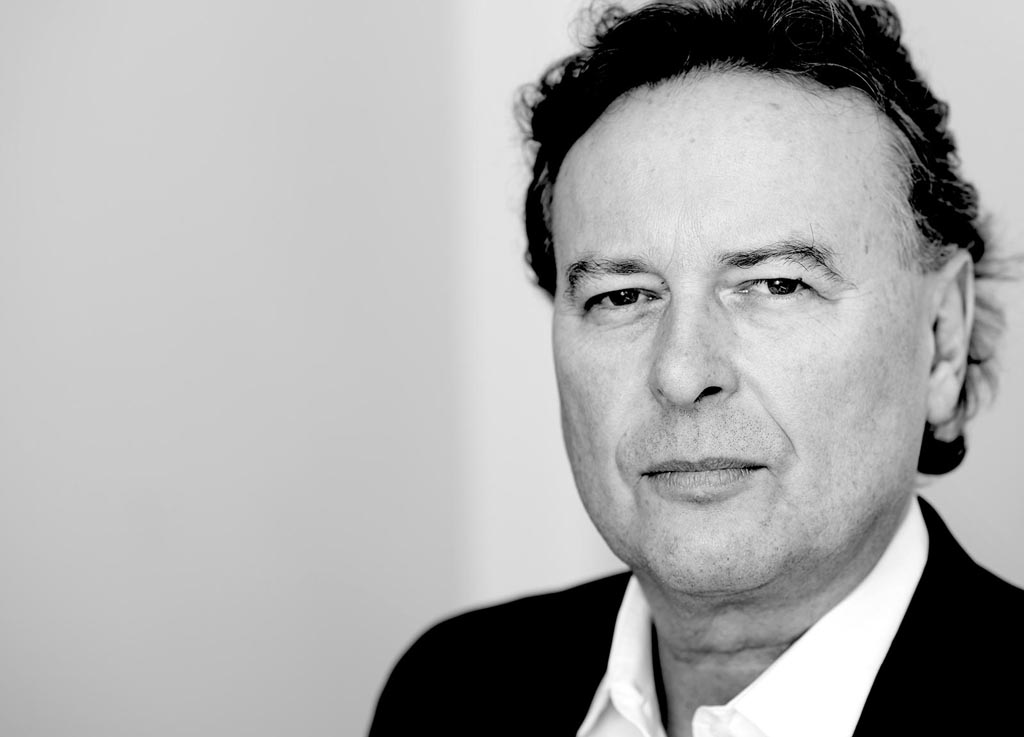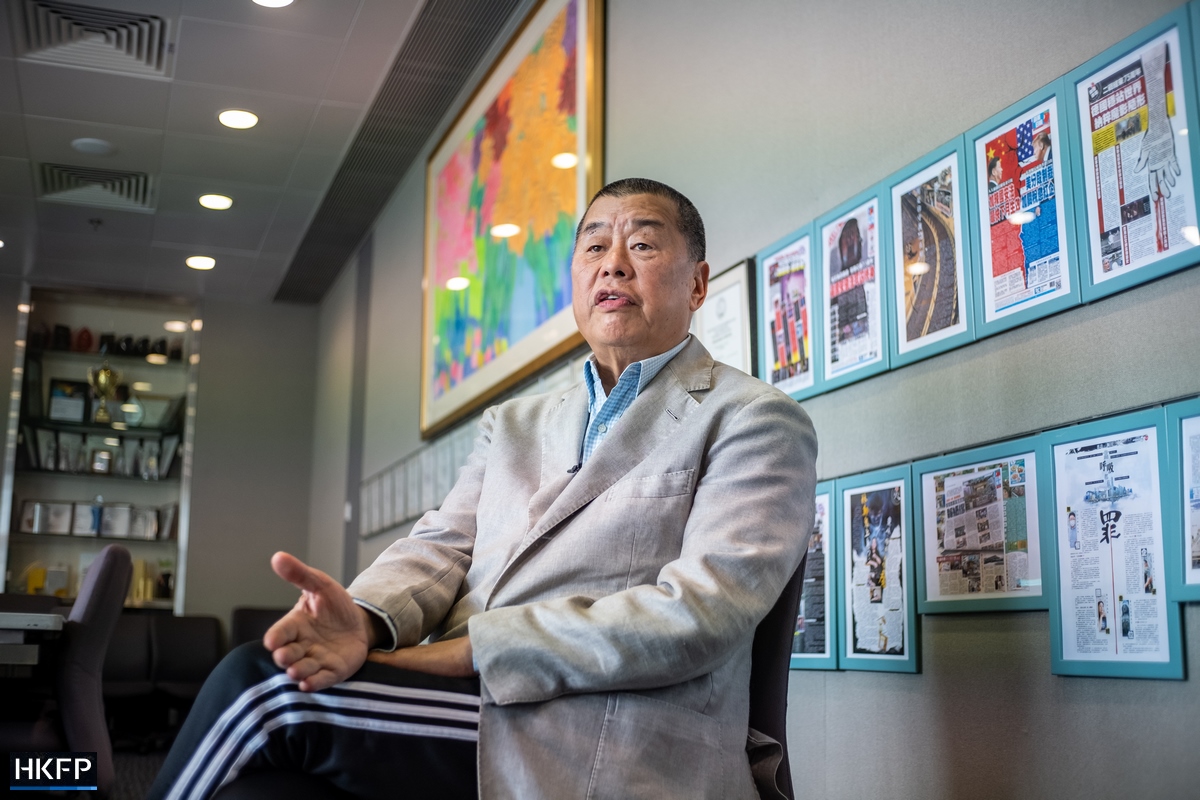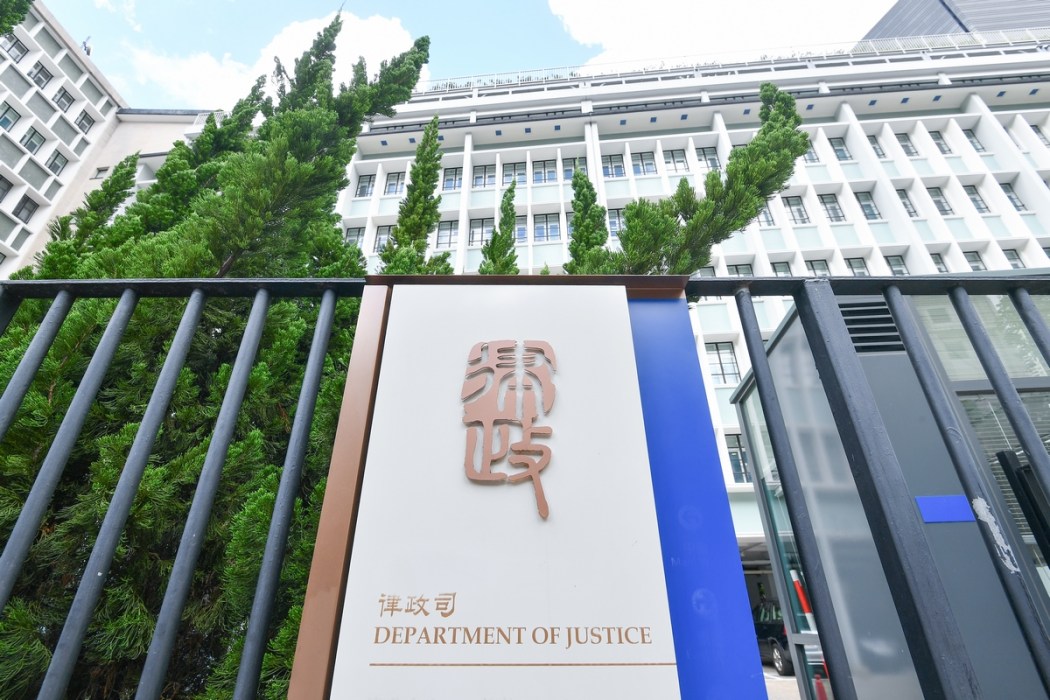Hong Kong’s Department of Justice (DoJ) has lost an appeal against the High Court’s decision to let a UK barrister represent media tycoon Jimmy Lai in his upcoming high-profile national security trial.

In a written judgement released on Wednesday, a three-judge High Court panel made up of Susan Kwan, Carlye Chu and Thomas Au backed an earlier ruling that there was a “clear case” for allowing King’s Counsel Timothy Owen to represent Lai. The judgement said the case would attract “substantial publicity locally and abroad,” and that “public perception of fairness in the trial is of vital importance to the administration of justice.”
King’s Counsels are the British equivalent of senior counsels in Hong Kong and require permission to be allowed to represent clients in the city’s courts.
The court’s ruling is the latest development in a saga of twists and turns involving plans to hire Owen for Lai’s case. In September, the justice secretary and the Hong Kong Bar Association opposed Owen’s application. The High Court then allowed the hiring, calling it “clearly in the public interest.”

Following that, the government appealed against the decision on the grounds that Owen did not have the expertise or experience related to the national security law.
According to Wednesday’s written judgement, Owen is a specialist in criminal, public and human rights law. He has appeared before Hong Kong’s courts as well as courts in other jurisdictions.
‘Non-Chinese literate’
One point of contention surrounding approving Owen’s appointment was language.
While overseas counsels have been allowed to conduct cases involving the Basic Law, Hong Kong’s mini constitution, Senior Counsel Benjamin Yu – representing the Department of Justice – said the “national security law situation is very different.”
Bernard Man, speaking on behalf of the Bar Council of the Hong Kong Bar Association, said the language of the national security law would “best be advanced” by a Cantonese-speaking counsel.

In response, the High Court judges said in Wednesday’s ruling they saw “no reason to think that the national security law would be very different from the Basic Law in terms of drafting technique and language usage.”
“What has worked in overseas admissions for the Basic Law should work equally in an overseas admission for the national security law,” the judgement read, adding that “non-Chinese literate” judges have been designated for national security cases.
“It seems to us the linguistic aspect… is played up out of proportion,” it added.
Human rights to be ‘respected’
The three-judge panel also rebutted the government’s argument that the admission of an overseas counsel would not provide much assistance in “delineating the scope of an offence under the national security law.”
The judgement cited the national security law, stating that human rights should be “respected and protected” while safeguarding national security.
‘Human rights have an international law dimension,” the judges wrote.
Lai, who has been in remand since December 2020, is facing three national security offences: two counts of conspiracy to collude with foreign countries or external elements, and one count of collusion with foreign forces.

He is also accused of one sedition offence: conspiracy to print, publish, sell, offer for sale, distribute, display and/or reproduce seditious publications.
The trial is scheduled to begin on December 1, while six other defendants in the case, who were former employees of Apple Daily or its parent company Next Digital, have pleaded guilty, and will appear in court on November 22.
Three companies linked with the defunct newspaper, Apple Daily Limited, Apple Daily Printing Limited, AD Internet Limited, will also stand in the trial.
Additional reporting: Candice Chau
Support HKFP | Policies & Ethics | Error/typo? | Contact Us | Newsletter | Transparency & Annual Report | Apps
Help safeguard press freedom & keep HKFP free for all readers by supporting our team
























